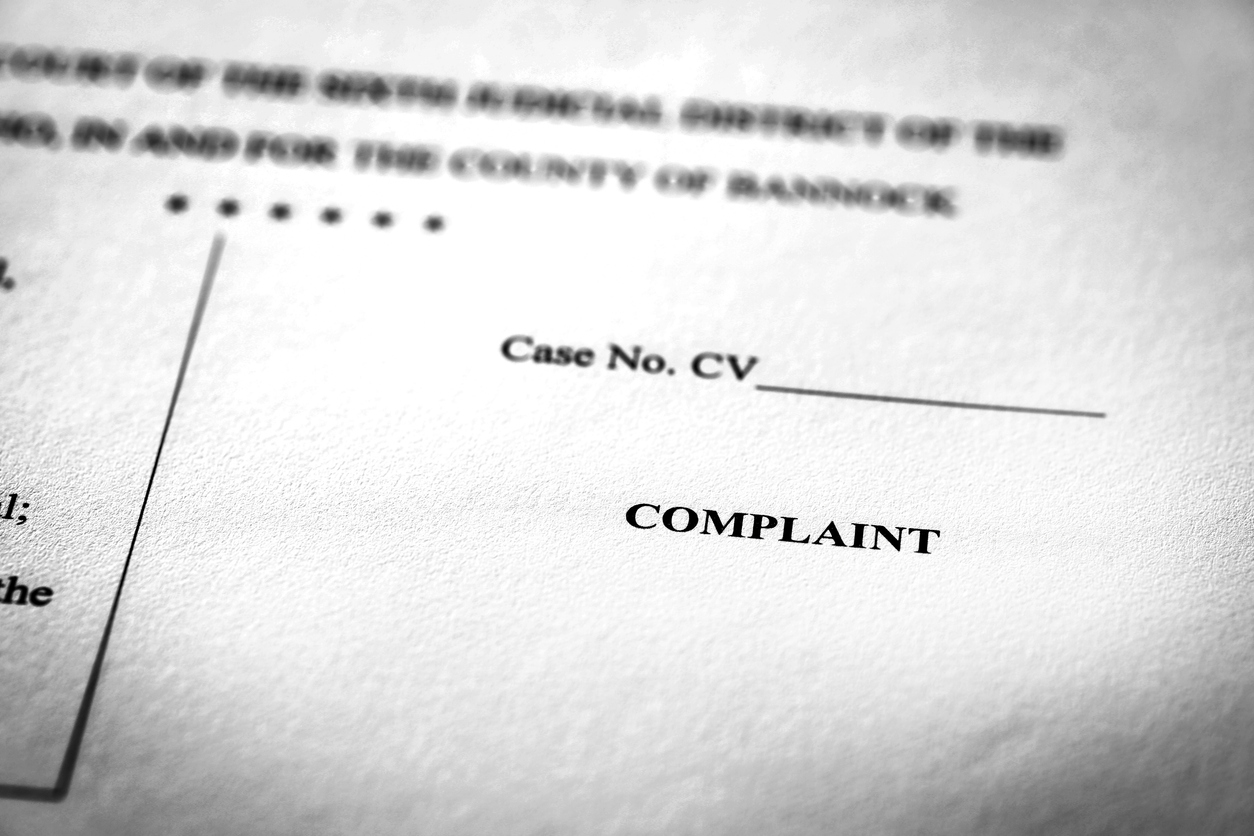On Friday, one hundred and forty-eight Texas public insurance adjusters attended a seminar our law firm sponsored in Houston. I am pretty sure it was the largest ever gathering in Texas of people dedicating themselves to the study of helping property insurance policyholders. It was thrilling, exciting, and taxing for me. I loved every minute of it, and several public adjusters have asked us to hold another seminar this summer.
Representing policyholders in the presentation and adjustment of a claim is very demanding. Public adjusters have to be experts at coverage interpretation, construction methodologies, construction pricing, contents pricing, understand how statutes and case law effect recovery, negotiation, and hundreds of other technical fields. A person could spend a lifetime on just one aspect. It takes dedication and experience to do the job right.
A number of the public adjusters in the audience were former insurance company adjusters. The experience of working for, and being trained by, an insurance company is invaluable to a public adjuster. I paid former State Farm adjusters who switched to the "side of angels" a compliment by remarking that I believe State Farm has more thorough training available for its first party property adjusters than any other personal lines insurer. States need to make certain Public Adjusters have rigorous requirements for continuing education. As in any trade dealing with the public where serious issues are at stake, the consumer can be harmed by those who ineffectively perform their job. Public adjusters need more education–especially those with minimal experience in the insurance industry.
Ethics was the first topic of the seminar. Public adjusters have a tendency to practice law without realizing they do it. It is hard to prevent because insurance contract interpretation requires an understanding of statutes and cases interpreting insurance regulations and policies. Public Adjusters must understand insurance contracts. Knowing how they effect an adjustment can be used to provide greater benefits to the policyholder, and is the public adjuster’s job. However, the interpretation and providing legal advice to consumers is not adjustment, but the practice of law.
Many insurance adjustment issues involve overlapping practical and legal coverage issues. Here are some of the other topics we covered in Friday’s seminar:
- Flood Insurance Claims and Regulations
- Proofs of Loss
- Replacement Cost
- Replacement at Another Location
- Overhead and Profit Calculations
- Increased Cost of Construction Calculations
- Roof Losses
- Getting Coverage for Matching of Damaged Structural Parts
- Depreciation
- Actual Cash Value Determinations
- Sales Tax of Labor
- Building Codes
- The Use of Engineers and Architects in Claim Submittal
- Appraisal
- Selection of the Best Appraiser for a Claim
- Appraisal Process, Procedures and Forms
- Question and Answer on Adjustment
Based on past experience and seeing the misinformation regarding wind speeds from Hurricane Ike, we thought a presentation by a meteorologist would be interesting and relevant. We are finding that some insurance companies are providing engineers with low estimates of wind and gusts in the Houston area. The insurance company engineers seem to rely upon these outcome-biased reports of wind speed to come up with improper findings that damages were not caused by Hurricane Ike . We wanted to show the public adjusters the value of having an experienced meteorologist who can dispel those reports.
Texas has some unique issues regarding construction, building codes, and building regulations. An engineer with experience in certified wind inspections gave a presentation on these issues. Retaining engineers, meteorologists, architects, estimators, and other experts should be common place in claim presentation of serious loss cases. Frankly, the insurance companies should be doing this as well, if they truly want to fulfill their obligation to conduct a full investigation.
Most policyholders hope their company insurance adjusters have the motivation of public adjusters to fully investigate a loss to find every penny that should be paid under the policy. Our seminar was intended to help public adjusters with the tools to use that motivation. While the listed topics may seem strange and boring to most, they must be fully understood if policyholders are to receive full coverage benefits. I believe that most policyholders have no business trying to learn these issues by themselves when so much is at stake.
The next wind insurance event for insurance adjusters and vendors of all types will be hosted on April 2nd in Houston by the Windstorm Network. I strongly urge those in the industry handling Hurricane Ike claims to register for this symposium of experts analyzing many of the day to day issues adjusters face in the field.



